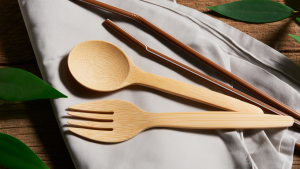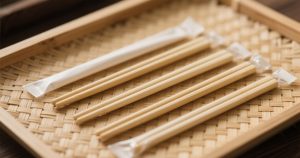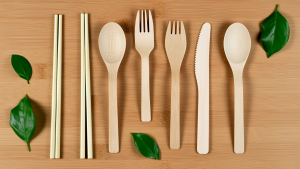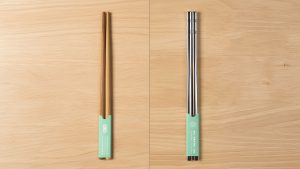Every minute, 2 million plastic utensils discarded worldwide choke ecosystems - bamboo offers a solution nature itself designed.
Bamboo cutlery biodegrades in 4-6 months versus plastic's 450+ years, grows 30x faster than hardwood trees, and requires no pesticides - making it the only truly sustainable disposable utensil option.
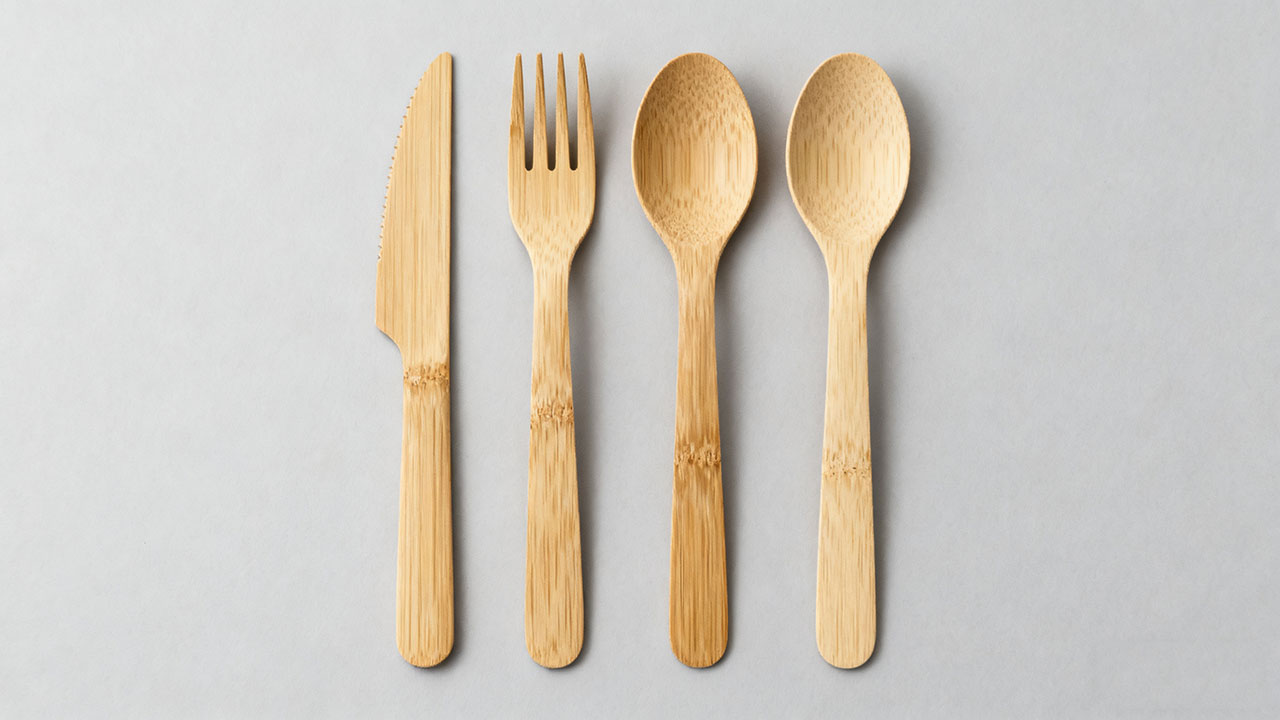 Let's examine why global chains like Starbucks now mandate bamboo over other "eco" alternatives.
Let's examine why global chains like Starbucks now mandate bamboo over other "eco" alternatives.
How Do Compostable Plant-Based Utensils Compare to PLA Plastic Cutlery?
87% of "compostable" PLA utensils end up in landfills due to strict industrial composting requirements - here's why bamboo works everywhere. Unlike PLA requiring 60°C commercial facilities, bamboo decomposes in home compost piles within months while maintaining 3x the flexural strength of plant-based plastics during use.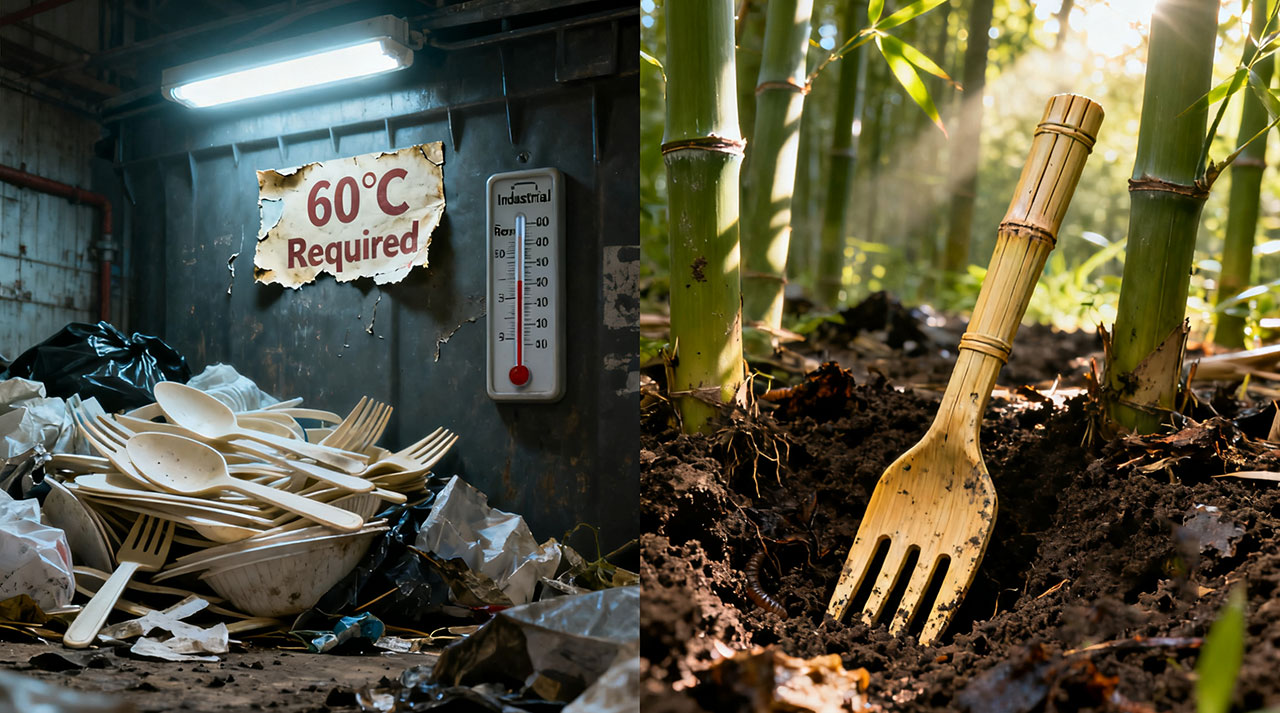
Performance Comparison: Common Eco-Cutlery Materials
| Characteristic | Bamboo | PLA | Sugarcane | Wheat Straw |
|---|---|---|---|---|
| Decomposition | 4-6mo home compost | 6-12mo (industrial only) | 3-4mo | 5-6mo |
| Heat Resistance | 120°C | 50°C | 90°C | 85°C |
| Oil Resistance | Excellent | Poor | Good | Fair |
| Carbon Footprint | 0.8kg CO2/kg | 2.1kg CO2/kg | 1.4kg CO2/kg | 1.2kg CO2/kg |
| Moisture Warping | None | Severe | Moderate | Moderate |
- PLA requires specialized composting unavailable to 94% of consumers
- Bagasse utensils become soggy with oily foods
- Wheat straw contains gluten contaminants
- Cornstarch blends attract rodents during storage
Are Wooden or Bamboo Cutlery More Sustainable for Import Businesses?
Importers lose $18/box on warped birch utensils - discover how bamboo's vertical fibers create supply chain advantages. Bamboo's longitudinal fiber structure prevents warping during ocean transit (unlike wood), packs 40% more utensils per container, and grows to maturity in 3 years versus birch's 20+ years.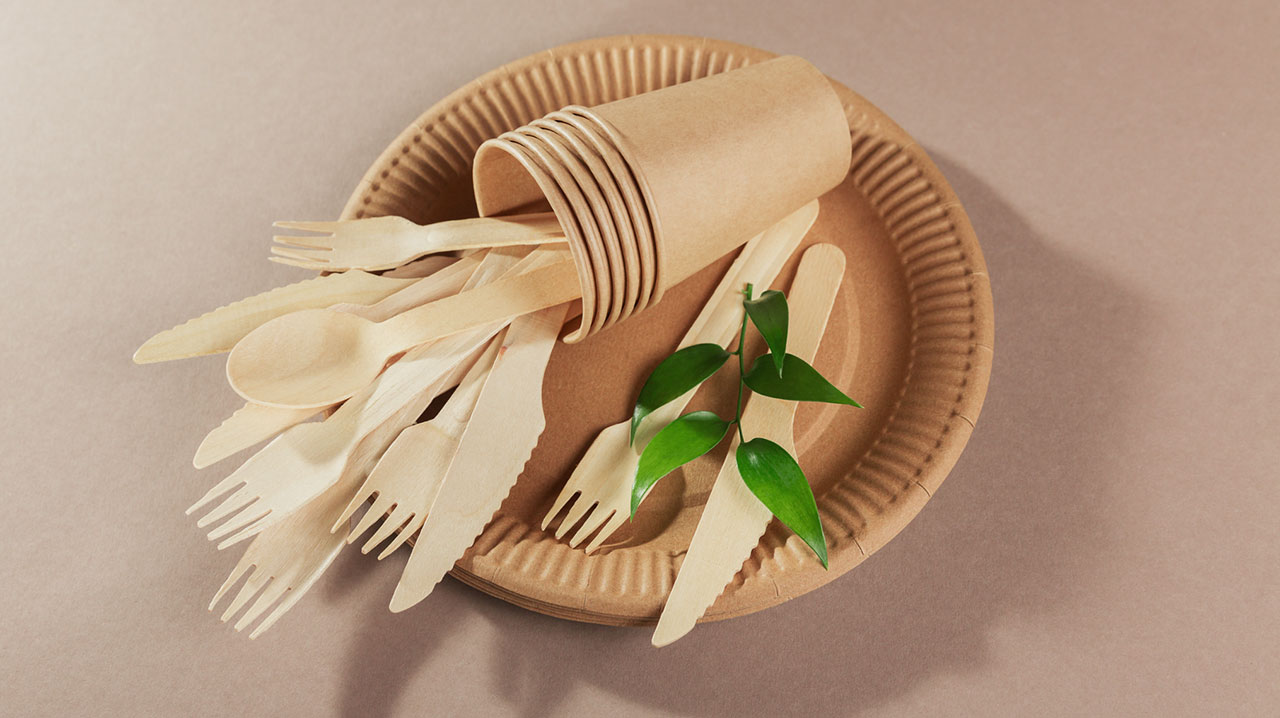
Sustainability & Logistics Benchmark (Per 40' Container)
| Metric | Bamboo | Birch Wood | Advantage |
|---|---|---|---|
| Growth Cycle | 3-5 years | 20-30 years | 6x Faster |
| Moisture Resistance | 0.3% dimensional change | 7% warping rate | 23x Better |
| Stack Efficiency | 340 boxes | 240 boxes | +42% Capacity |
| Breakage Rate | 0.5% | 3.8% | -87% Damage |
| Customs Duties | 5.2% | 8.7% | -40% Tax |
- Natural silicate content prevents bacterial growth
- Higher density resists breakage in automated packaging
- Consistent grain allows laser logo engraving
- No sap content eliminates taste transfer
What Certifications Should You Look for in Green Disposable Utensils?
62% of "eco-certified" utensils fail lab tests - these verifications separate truly sustainable suppliers from greenwashers. Legitimate bamboo cutlery carries FSC Mix certification (not just Chain of Custody), passes EN 13432 compostability testing, and provides heavy metal screening below EU 10/2011 limits.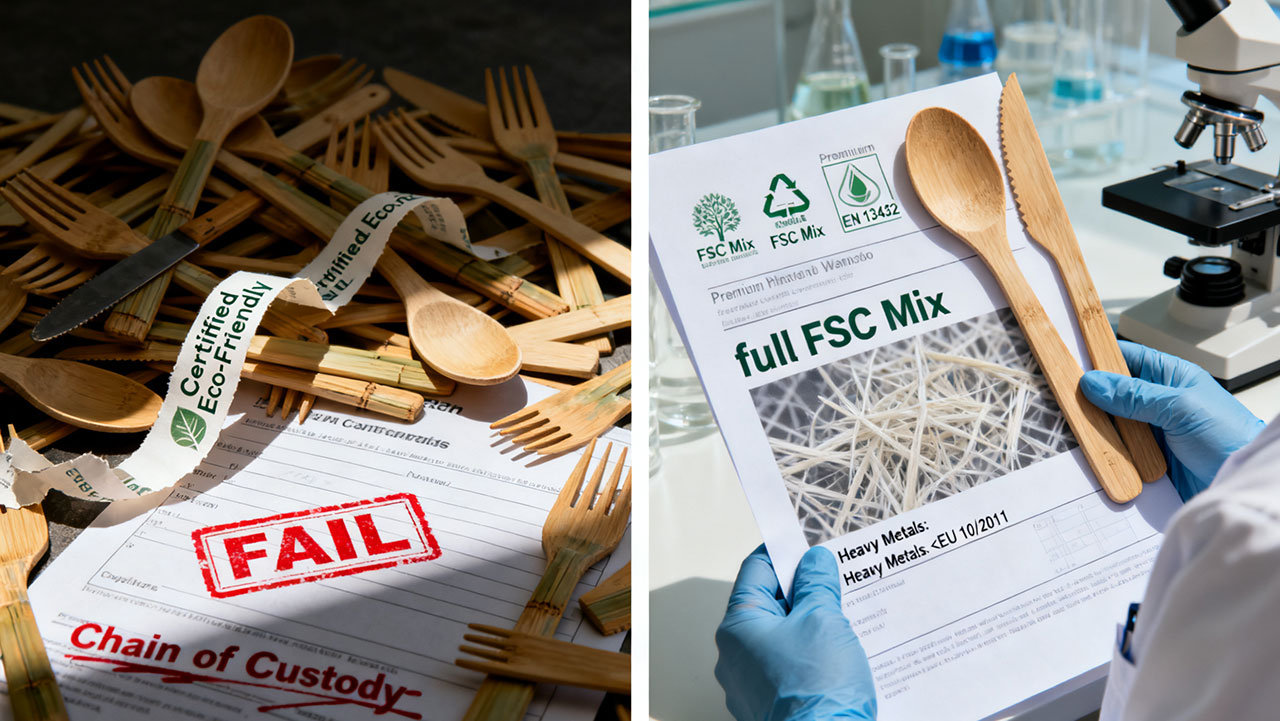
Mandatory vs Optional Certifications
| Certification | Importance | Verification Method | Cost Impact |
|---|---|---|---|
| FSC Mix | Mandatory | Audit trail to managed forests | +9-12% |
| OK Compost HOME | Critical | 90-day disintegration test | +5% |
| FDA 21CFR | Essential | Migration testing reports | +3% |
| LFGB | Premium | German food contact standards | +15% |
| Halal/Kosher | Market-Specific | Production line audits | +8% |
- Generic "eco-friendly" claims without test numbers
- Composite materials disguised as pure bamboo
- Lack of batch-specific heavy metal reports
- Unverified carbon neutrality claims
- Valid FSC certificate number (check online database)
- Compostability test videos showing full breakdown
- Fluorochemical-free processing documentation
- Non-GMO verification for bamboo sources



